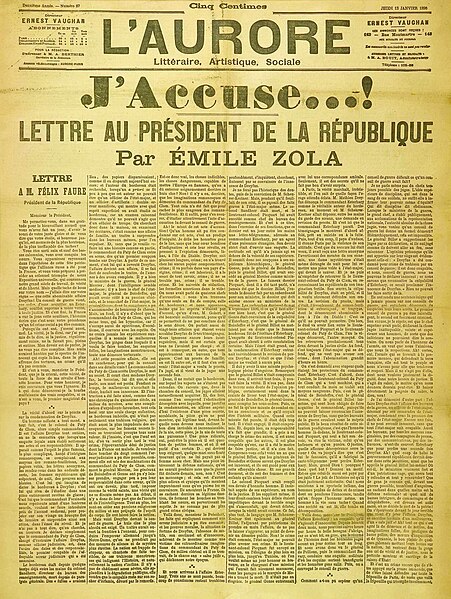Anti-intellectualism is hostility to and mistrust of intellect, intellectuals, and intellectualism, commonly expressed as deprecation of education and philosophy and the dismissal of art, literature, and science as impractical, politically motivated, and even contemptible human pursuits. Anti-intellectuals may present themselves and be perceived as champions of common folk—populists against political and academic elitism—and tend to see educated people as a status class that dominates political discourse and higher education while being detached from the concerns of ordinary people.
In the Night of the Long Batons (29 July 1966), the federal police physically purged politically incorrect academics who opposed the right-wing military dictatorship of Juan Carlos Onganía (1966–1970) in Argentina from five faculties of the University of Buenos Aires.
Some of the Armenian intellectuals who were detained, deported, and killed in the Armenian genocide of 1915
An intellectual is a person who engages in critical thinking, research, and reflection about the reality of society, and who proposes solutions for its normative problems. Coming from the world of culture, either as a creator or as a mediator, the intellectual participates in politics, either to defend a concrete proposition or to denounce an injustice, usually by either rejecting, producing or extending an ideology, and by defending a system of values.
Erasmus of Rotterdam was one of the foremost intellectuals of his time.
Foreign Policy magazine named the lawyer Shirin Ebadi a leading intellectual for her work protecting human rights in Iran.
The front page of L'Aurore (13 January 1898) featured Émile Zola's open letter J'Accuse…! asking the French President Félix Faure to resolve the Dreyfus affair.
The Congregational theologian Edwards Amasa Park proposed segregating the intellectuals from the public sphere of society in the United States.






